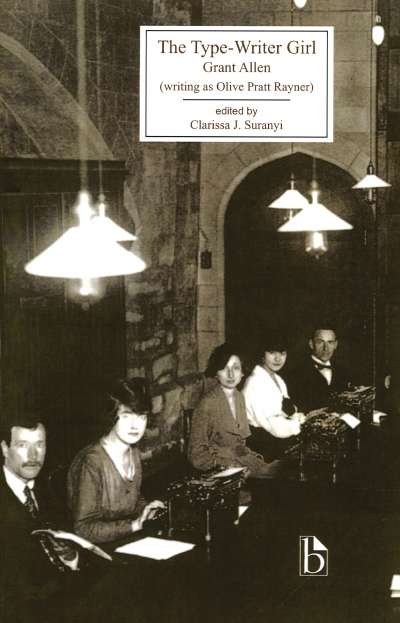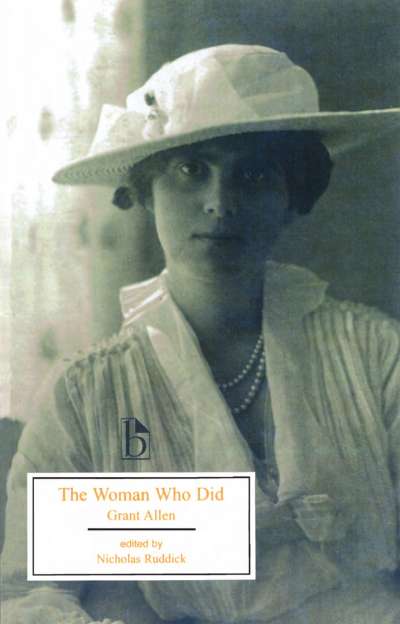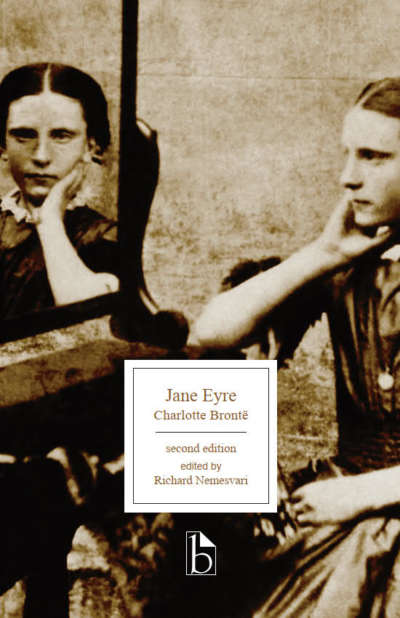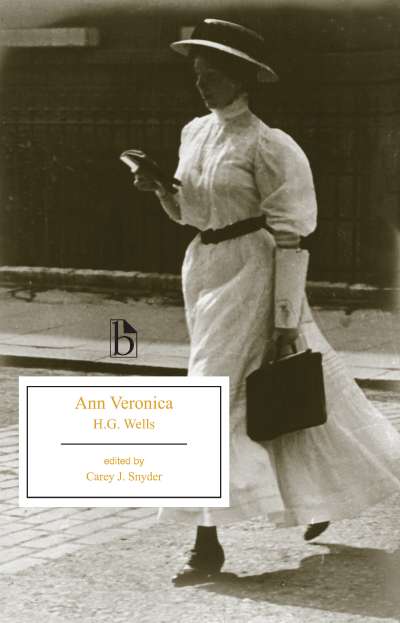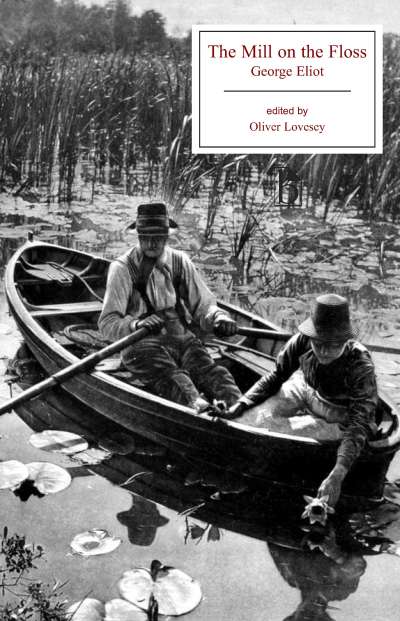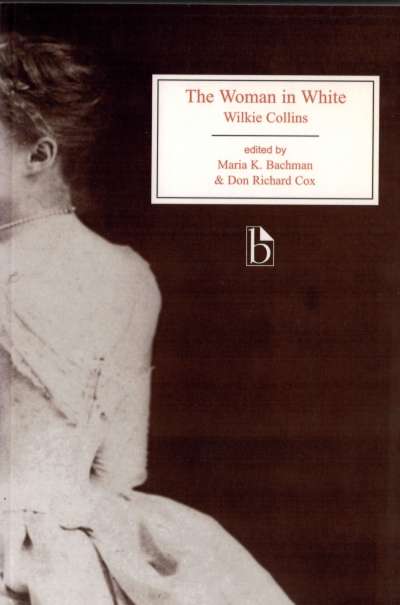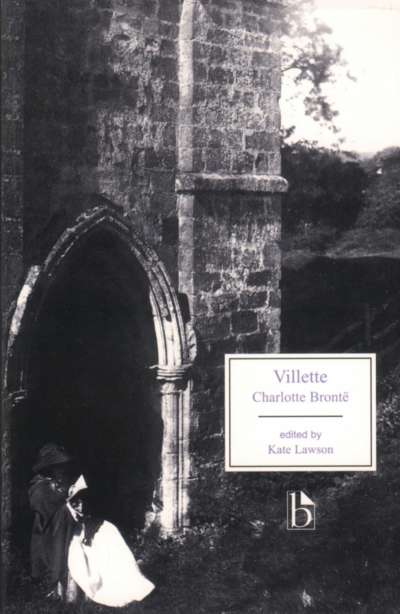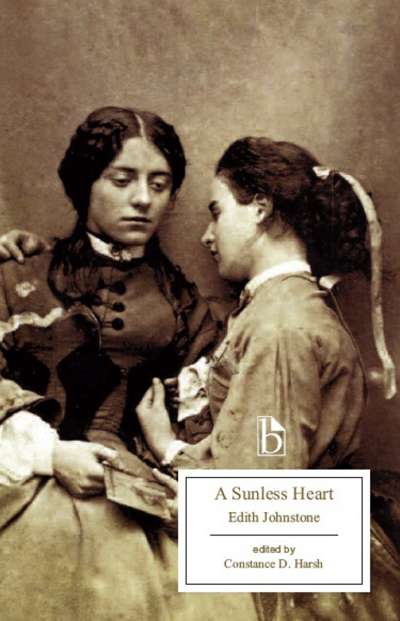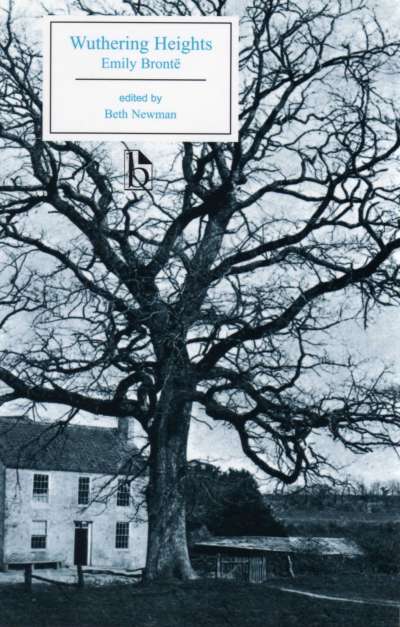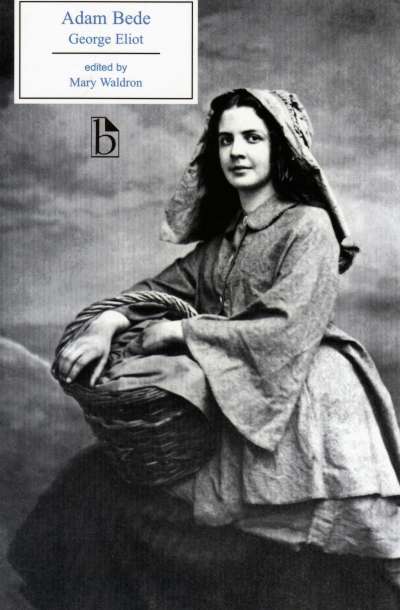This classic novel tells the story of how the poor rural couple John and Joan Durbeyfield become convinced that they are descended from the ancient family of d’Urbervilles. They encourage their innocent daughter Tess to cement a connection with the d’Urberville family, including their unprincipled son Alec, with tragic consequences. “A Pure Woman Faithfully Presented,” as Hardy subtitled the novel, represented a direct challenge to conventional Victorian notions of sexuality and femininity.
This is a revised, updated, and expanded Broadview edition that highlights a feminist interpretation of the novel in an extensive introduction. The range of historical appendices (including contemporary articles, letters, maps, news stories, and reviews) will greatly enhance a reader’s understanding of the text.
Comments
“The second edition of Tess of the d’Urbervilles by Sarah E. Maier brings together a wealth of contextual materials, contemporary reviews, extracts from Hardy’s notebooks, and nineteenth-century debates about women, inviting the reader to respond to the challenge of the novel’s subtitle: ‘A Pure Woman Faithfully Presented.’ It reprints two separately published stories, ‘Saturday Night in Arcady’ and ‘The Midnight Baptism,’ which Hardy salvaged from the expurgated text published in the Graphic and reinstated in the three-volume edition of 1891. Meticulously annotated and impressively documented, this new edition will be indispensable to students and scholars alike.” — Joanne Shattock, Victorian Studies Centre, University of Leicester
Acknowledgements
Introduction
Thomas Hardy: A Brief Chronology
A Note on the Text
Tess of the d’Urbervilles
Appendix A: General Preface to the Wessex Edition of 1912
Appendix B: Bowdlerized Passages from the Graphic
Appendix C: Hardy’s “Saturday Night in Arcady” (1891) and “The Midnight Baptism” (1891)
Appendix D: Hardy’s Map of Wessex (1895)
Appendix E: Hardy’s “Tess’s Lament” (1911)
Appendix F: Contemporary Reviews
- From Unsigned, Pall Mall Gazette (31 December 1891)
- Clementina Black, Illustrated London News
(9 January 1892)
- From Unsigned, The Athenaeum (9 January 1892)
- From Unsigned [R.H. Hutton], The Spectator (23 January 1892)
- From Andrew Lang, The New Review (February 1892)
- From Unsigned, Review of Reviews (February 1892)
- From Unsigned [Mowbray Morris], The Quarterly Review
(April 1892)
- From Unsigned, Novel Review (March 1892)
- From Grant Allen, Novel Review (July 1892)
- From Andrew Lang, Longman’s Magazine
(November 1892)
- From D.F. Hannigan, The Westminster Review (1892)
Appendix G: Contemporary News
- “Execution of the Convict Martha Brown” (14 August 1856)
- “Accident” (17 October 1872)
- [“The Turberville Coach”] (4 June 1885)
- “Shocking Suicide” (2 August 1888)
Appendix H: Contemporary Debates on Women, Sexuality, and Fiction
- From Unsigned, “Outrages on Women,” North British Review (May 1896)
- From Eliza Lynn Linton, “The Wild Women as Social Insurgents,” The Nineteenth Century (October 1891)
- From Eliza Lynn Linton, “The Partisans of the Wild Women,” The Nineteenth Century (March 1892)
- From Mona Caird, “A Defense of the So-Called ‘Wild Women,’” The Nineteenth Century (May 1892)
- From Unsigned, “Men’s Women in Fiction,” The Westminster Review (May 1898)
- From D.F. Hannigan, “Sex in Fiction,” The Westminster Review (1895)
Appendix I: Hardy’s “Candour in English Fiction” (1890)
Appendix J: Excerpts from Hardy’s Autobiography
Works Cited and Recommended Reading
Sarah E. Maier is Associate Professor of English and Comparative Literature and University Teaching Scholar at the University of New Brunswick.


